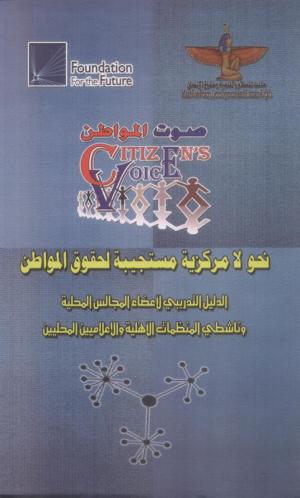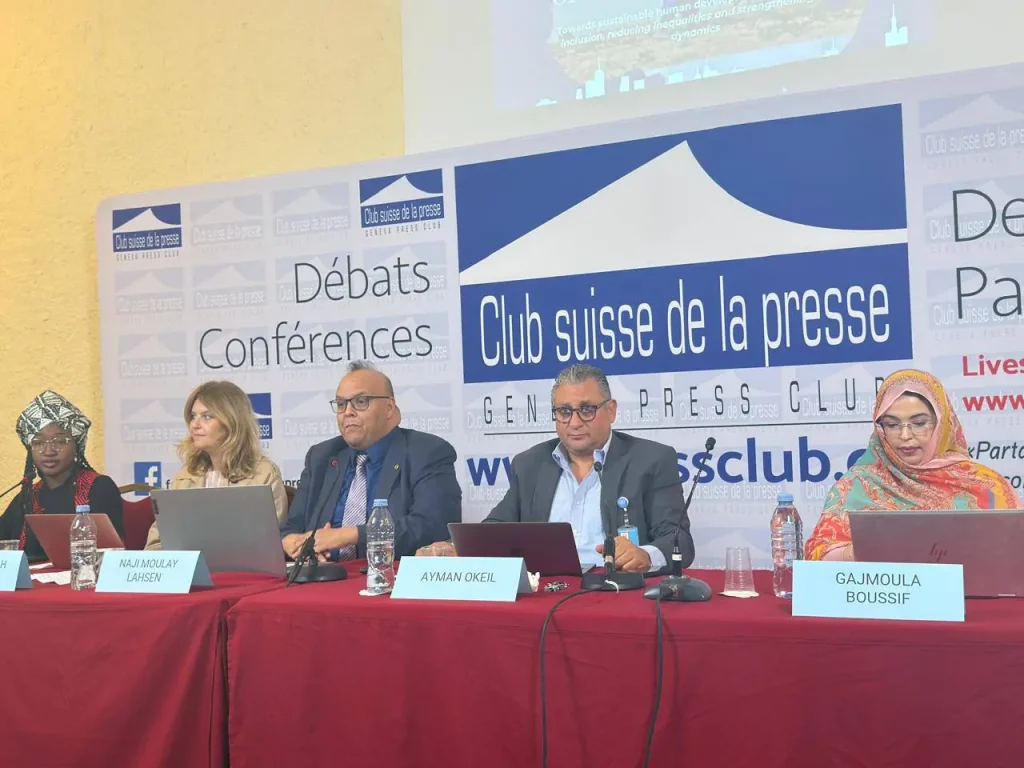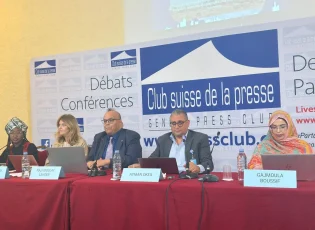Over the course of two days, and with the participation of (25) media workers working in local media in the governorates of Qena and Luxor, Maat Foundation for Peace, Development and Human Rights continued the training program on “Strengthening the role of local media in light of decentralization.” The third training workshop was held for local media professionals in Qena. And in cooperation with the Southern Egypt Development Association, and the International Center for Studies and Consultations.
The training workshop comes within the framework of the activities of the Citizen's Voice (2) project implemented by the Maat Foundation for Peace, Development and Human Rights with funding from the Future Foundation, which seeks to build the capacities of different community parties in dealing with decentralization and develop effective and innovative mechanisms to monitor citizens' needs and evaluate the quality of public services provided by Before the executive authorities, the project also seeks to spread the culture of decentralization in the Egyptian society and the effective employment of local and mass media in support of decentralization and monitoring the needs of citizens
The training workshops for local media professionals are aimed at raising their awareness of decentralization and enabling them to have good media coverage of violations of the rights of local citizens, which leads to the role of local media being more effective and influential in light of the political, social and legislative changes associated with decentralization. .
The training workshop was attended by Mr. Ayman Aqeel, the lawyer, human rights activist and chairman of the Board of Trustees of the Maat Foundation, Mr. Adel Ghazali, the trainer and expert in supporting NGOs, and Mr. Ahmed Abdel-Rahman, the journalist and director of the office of Al-Usb 'newspaper in Qena.
The workshop included training the participants on two basic components, the first component related to decentralization and good local governance in theory and procedures, and the extent to which decentralization has been achieved in the Egyptian reality in light of the constitution, law, decisions and measures taken by some ministries.
The second component is related to strengthening the professional practices of local media professionals under decentralization through training on related topics such as investigative journalism, media coverage of citizens 'economic and social rights violations, planning a good media campaign, and using public opinion polls to monitor citizens' problems and address them in the media.
The workshop activities revealed the response of the trainees to the training content, as their discussions, proposals and the outputs of the work groups that were formed express a good understanding of the training material. It also revealed that the local media workers in Qena and Luxor have good and constructive ideas regarding the practice of local media work under decentralization The discussions also revealed that the participants also had good ideas regarding the successful implementation of decentralization in general, including their view of the need to strengthen the separation between the reporting and executive functions, and their vision of the need to reform the relationship between the governor and the popular apparatus that they see as moving in the direction of the control of the executive authority.
At the end of the training, the participants requested the Maat Foundation for Peace, Development and Human Rights to expand the scope of training programs for local media professionals. They also demanded that they obtain training courses to prepare them as trainers so that they can transfer their experiences and knowledge to their colleagues working in the local media right.
shortlink: https://maatpeace.org/en/?p=30659












